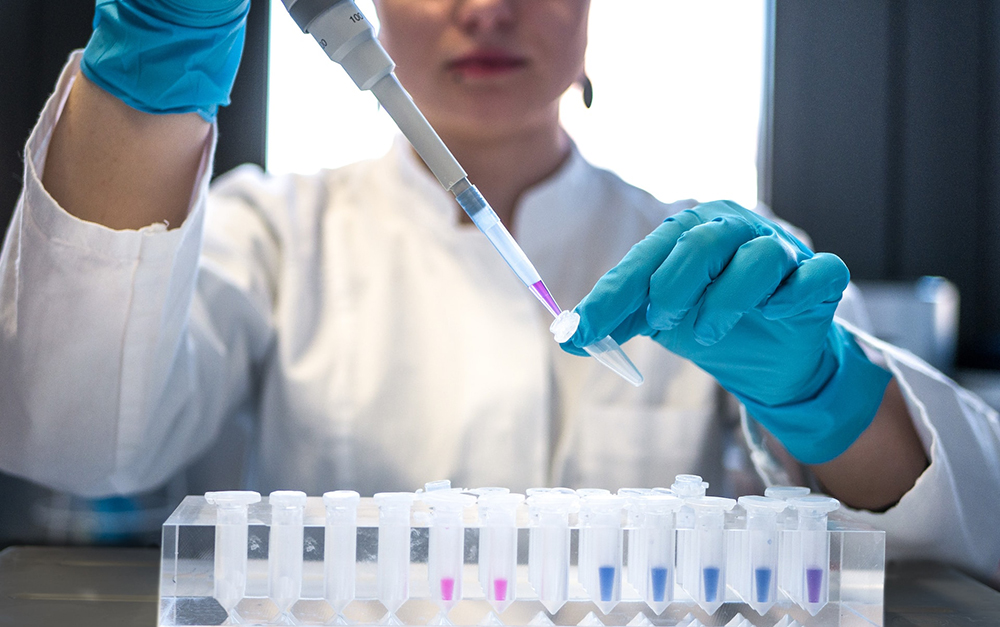Legislation to encourage innovation and protect patent holders should not be distorted into instruments for drug price controls, a high-profile group of former judges, federal officials and legal scholars tell lawmakers in a letter sent Sept. 28.
“Some activists and academics have written to Congress and to agency officials arguing that existing laws are ‘tools’ for the government to impose price controls on patented drugs to lower drug prices,” says the letter. “Their arguments mischaracterize these statutes by inaccurately claiming that Congress has endorsed the imposition of price controls on patented drugs. It has not.”
The legal luminaries behind the letter give specific responses to activists, who urged Congress to use the Bayh-Dole Act and § 1498 for drug price controls. But they also provide a strong general argument in favor of promoting innovation and American leadership in biotech by protecting intellectual property.
“More than one-half of new drugs worldwide are invented in the U.S.,” the letter notes. “The U.S. has been a global leader in securing reliable and effective patent rights to innovators in the biopharmaceutical sector, which has prompted massive investments and successful development of new drugs that have contributed to economic growth, longer lifespans, and improved quality of life.”
Hans Sauer, Deputy General Counsel and Vice President, Intellectual Property, at the Biotechnology Innovation Organization (BIO), notes the importance of the document.
“This letter from former judges, government officials, law professors, and other leading patent experts corrects a common misunderstanding of the law. Policymakers should pay attention,” Sauer says. “Calls to use the Bayh-Dole Act and § 1498 to ‘break patents’ have no support in law, would not benefit patients, and would threaten America’s leadership in the life sciences.”
Bayh-Dole is not about prices
While some activists would use the Bayh-Dole Act’s “march-in rights” to enforce price controls, the letter notes that this was never the intention of the act. Passed in 1980, Bayh-Dole was designed to encourage innovation by allowing commercialization of drugs or other inventions created with federally supported research.
“Before 1980, the government claimed ownership in inventions resulting from government-funded research; this undermined the commercialization of these inventions given the absence of property rights that are the legal platform for contracts and other commercial activities,“ says the letter.
As the letter notes, in very specific circumstances, if a patent owner is not commercializing a beneficial invention developed with federal support, Bayh-Dole allows the government to “march in” and license a third-party to bring the invention to market, for the good of society.
Drug price control activists have argued that march-in rights could be used to take over a drug patent and give it to a third party who would produce the drug more cheaply. The writers of the Sept. 28 letter explain that price is not a condition covered by Bayh Dole’s march-in rights, and they give a detailed legal breakdown of flaws in efforts to interpret the law that way. They also note the legal obstacles to the government claiming the intellectual property behind a new drug, given that most drugs are developed with a large amount of private funding and multiple patents.
Why § 1498 can’t be used for price controls
The second “tool” activists want to use to control drug prices is § 1498, says the letter, noting that Sen. Bernie Sanders (I-VT) recently urged Health and Human Services Secretary Xavier Becerra to use § 1498 to “break the patent monopoly” on a new drug and impose price controls.
“Section 1498 is an eminent domain statute, authorizing a lawsuit to be filed in court for compensation when the government uses a patent without authorization,” the letter’s authors note. It “does not grant the government any power to infringe patents, let alone to ‘break’ them to impose price controls.”
The letter points out several cases establishing that § 1498 cannot be used as a tool to take away intellectual property. The letter writers also say that, by disrupting the regime of drug regulation spelled out in the Hatch-Waxman Act, such a misuse of § 1498 would actually create new complications for makers of lower-priced generic drugs.
“This legal uncertainty will lead to additional litigation and add significantly to the costs of doing business for generic drug companies and drug innovators alike,” the letter’s authors state.
‘Unprecedented regulatory policy’
“The price-control theories of the Bayh-Dole Act and § 1498 represent policy arguments superimposed on two statutes by academics and activists seeking a quick-and-easy path to an unprecedented regulatory policy for imposing price controls on prescription drugs in the healthcare market,” the authors conclude. The price-control advocates’ interpretations go against the text of the laws, according to the letter. “Neither statute is a ‘tool’ for lowering drug prices by breaking patents.”




